How Blockchain Will Shape the Future of International Trade
Blockchain has undoubtedly transformed various industries in recent years, and the trade sector is no exception. Here's what the future of international trade looks like with blockchain technology.
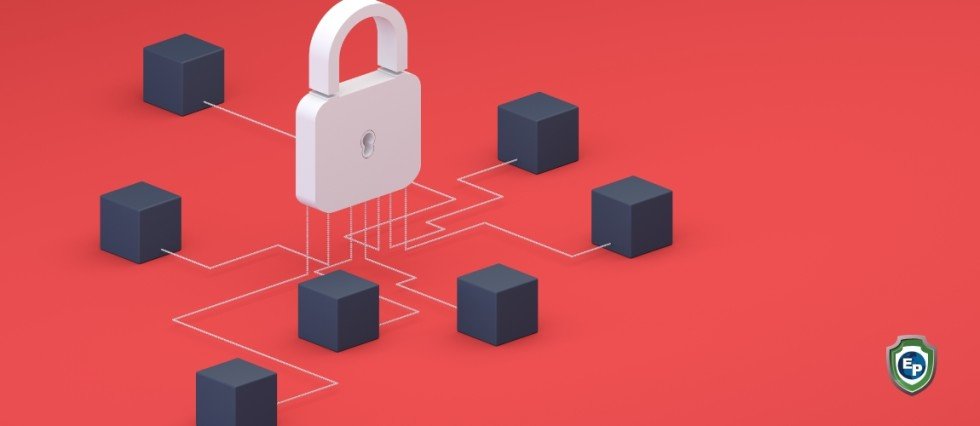
Most people know blockchain as a financial industry technology, but it is much more. Organizations can use blockchain in almost every industry, from finance and manufacturing to trade.
What Is Blockchain Technology?
A blockchain is a type of database technology that allows for secure digital peer-to-peer transactions. This means that two parties can exchange digital documents, money, or other items as long as they are in digital form.
What distinguishes blockchain from other database technologies is that it creates a unique database entry called a token that nobody can manipulate, copy, or alter. In other words, for the first time in history, it is possible to create a digital token that is uniquely identifiable without any third party ensuring the correctness of the transaction. That means blockchains can cut middlemen out of transactions that have traditionally served the purpose of supervising the correctness of transactions.
Here are some use cases:
Customs Documents
Trade partners have to exchange a vast amount of customs documents. So far, that has usually been organized by trusted third-party agents. With a blockchain-based system, third parties are no longer needed to send and receive documentation, as the blockchain ensures all documents are originals.
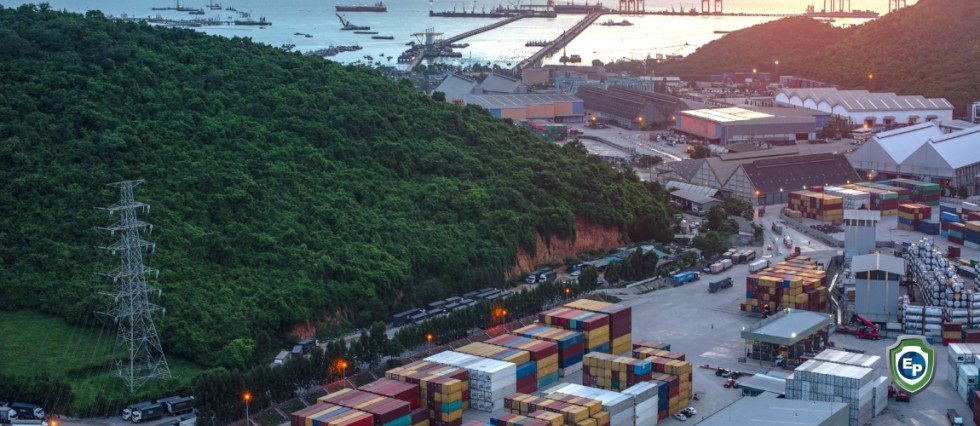
Trade Finance
Trade finance is hugely complex, with many intermediaries involved, especially banks. The involvement of all these middlemen makes trade finance slow, inefficient, and expensive. But blockchain can cut out all these middlemen.
Take Export Portal’s payment system as an example. The importer pays the amount into a blockchain-based digital escrow wallet where it is locked. Neither the importer nor the exporter can access it. Once the products have been shipped, the exporter uploads all necessary documentation onto the blockchain. The smart contract then automatically releases the escrow payment. Hence, the entire transaction has been settled securely, without the need for any banks to settle the transaction.
Supply Chains
Another area where blockchain could make a huge difference is supply chain transparency. All steps of production and shipping could be recorded digitally, with the relevant parties uploading their proof of origin documents after they have completed their work. As all documents are stored in a blockchain, nobody can make any changes, and everyone can view them publicly.
This means that consumers can scan a QR code on a tuna can purchased in a retail store to learn where the tuna was caught, how it was carried, when, where, and by which company. As all information is transparent, companies have to engage in ethical behavior, and consumers have a way to take charge.
Learn More with Export Portal
At Export Portal, we believe in being a truly comprehensive international trade marketplace. That includes helping our users learn everything they need to know about global trade. Subscribe to our newsletter today to stay in the loop!

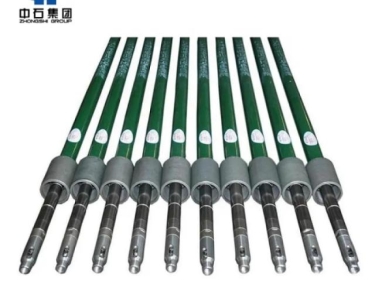



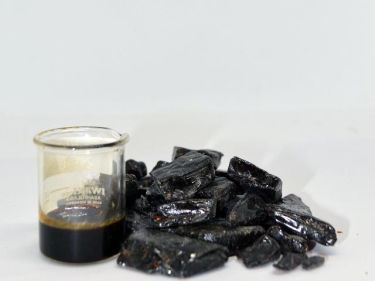


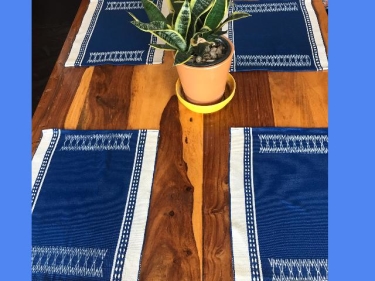


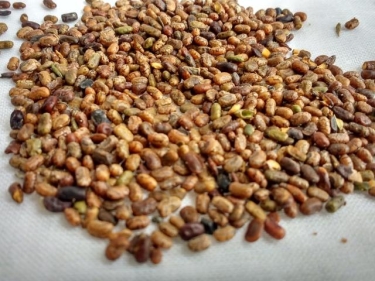






Comments 2